Russia eyes a ‘reset’ with US after Trump declares victory
- Update Time : Thursday, November 7, 2024
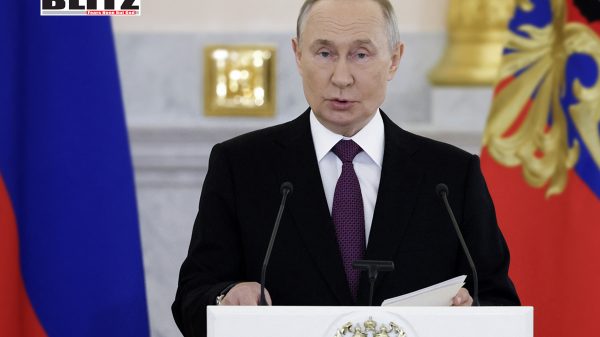
As Donald Trump claims victory in the 2024 US presidential election, voices from Moscow suggest that a new chapter in US-Russia relations could be on the horizon. The CEO of Russia’s sovereign wealth fund, Kirill Dmitriev, wasted no time in expressing optimism for a “reset” between Washington and Moscow, viewing Trump’s victory as a unique chance to rebuild ties severely strained since Russia’s 2022 invasion of Ukraine. Dmitriev praised Trump’s triumph over the “lies, incompetence, and malice of the Biden administration,” viewing it as a signal that American voters are ready to pivot away from policies that have led to escalating tensions with Russia.
The deterioration of US-Russia relations began well before 2022, but Russia’s invasion of Ukraine marked a new low, sparking the most intense confrontation between Moscow and the West since the Cold War. The West responded with sweeping sanctions and military support for Ukraine, actions that drew intense condemnation from Moscow. Russian and US officials alike have often described this period as one of unprecedented diplomatic hostility, echoing the tense atmosphere of the Cuban Missile Crisis in 1962.
Despite these hostilities, the idea of a diplomatic ‘reset’ is not new. In 2009, former US Secretary of State Hillary Clinton famously offered a symbolic reset button to her Russian counterpart, only for the button to be mistranslated as “overload.” The attempt at diplomacy quickly soured as relations deteriorated under then-President Barack Obama and Russian President Vladimir Putin. Moscow now seems keen to explore a fresh start under Trump’s leadership, potentially leveraging his isolationist and transactional approach to foreign policy as an advantage.
A key component of Trump’s platform during his campaign was his promise to quickly resolve the Ukraine war, though he has yet to provide specific details on how he would achieve this ambitious goal. Trump’s stated commitment to end US involvement in “endless wars” resonates well with voters fatigued by prolonged international conflicts. However, experts suggest that reaching a peace deal in Ukraine will likely prove challenging without concessions that Ukraine and its Western allies are unwilling to make.
Russian President Vladimir Putin has indicated openness to negotiations but maintains that any deal must recognize Russia’s territorial claims. Moscow now controls around 20 percent of Ukrainian territory, including Crimea, annexed in 2014, and parts of the Donbas region, which has strategic and industrial significance. This territorial demand is unacceptable to Ukrainian leadership, who have consistently rejected any arrangement that would legitimize Russia’s gains.
Dmitriev’s statement that Trump’s victory “opens up new opportunities for resetting relations” reflects a broader sentiment in Russian political circles that Trump could be more amenable to Russia’s geopolitical interests. Dmitriev, a former Goldman Sachs banker, has previously engaged with Trump’s team, a relationship he likely sees as advantageous for Moscow’s foreign policy agenda. In his view, Trump’s win offers a path to a more pragmatic relationship, one possibly less fixated on Russia’s actions in Ukraine.
Former Russian President Dmitry Medvedev, currently a senior figure in Russia’s security council, echoed this sentiment, hinting that Trump’s win could spell bad news for Ukraine. Medvedev suggested that Trump, a businessman with a penchant for cutting costs, may have little interest in heavily funding Ukraine’s defense efforts. Trump’s reputation for pragmatism and his reluctance to fund “hangers-on” and international commitments could mean reduced US financial support for Ukraine, potentially weakening its defense capabilities against Russia.
Yet, Medvedev also acknowledged the complexities Trump might face, stating, “The question is how much Trump will be forced to give to the war. He’s stubborn, but the system is stronger.” This hints at the challenges Trump might encounter if he tries to curtail US involvement in Ukraine, as he would likely face resistance from Congress and the defense establishment.
While Moscow might see Trump as a favorable partner for rebuilding relations, obstacles remain. The US political establishment, including members of Trump’s own Republican Party, largely supports Ukraine and views Russia as a primary adversary. Even if Trump’s stance is less interventionist, he would have to contend with a Congress that may impose constraints on his foreign policy decisions. Additionally, Trump would face pressure from NATO allies, who have committed substantial resources to countering Russia’s aggression and view Russian influence in Eastern Europe as a direct threat.
Further complicating the potential for a ‘reset’ is the US intelligence community’s enduring mistrust of Russian motives. Russia’s history of election interference and cyber espionage has left lasting scars on US political institutions, and Trump would likely be under intense scrutiny to avoid any policy that appears overly accommodating to Moscow.
If Trump’s administration does manage to foster a détente with Russia, the impact could reverberate across the global stage. A potential US-Russia alignment could shift the balance of power, particularly in Europe, where NATO allies are heavily invested in countering Russian influence. Trump’s reluctance to fund NATO initiatives has caused friction in the past, and a renewed push to reduce US commitments could lead to further fragmentation within the alliance.
In the Middle East and Asia, where Russia has cultivated relationships with Iran and China, a US-Russia rapprochement could lead to new strategic calculations. Nations like China, which have benefited from a rift between Moscow and Washington, might find themselves navigating a more complex geopolitical landscape.
Moreover, for Ukraine, a reduced US role could be a serious setback, making it more challenging to sustain the fight against Russian forces. Putin would likely leverage a weakened US commitment to push for favorable terms in any negotiations, potentially forcing Ukraine into a compromise that could result in the loss of its occupied territories. Ukrainian leaders are aware of these potential shifts, and as Medvedev pointed out, may already be preparing for the implications of a Trump presidency.
While Russia may welcome Trump’s return to the White House as an opportunity to reset relations, the road to improved ties remains fraught with complexities. Trump’s isolationist tendencies align with Russia’s desire to reduce US involvement in Ukraine, yet institutional resistance within the US may limit his ability to enact significant changes. Likewise, Trump’s focus on American economic interests might lead him to view Russia more as a competitor than a collaborator in the long term.
Ultimately, a true “reset” will depend on whether both nations can find common ground on contentious issues like Ukraine, NATO expansion, and sanctions. The outcome of Trump’s presidency will shape not only US-Russia relations but the broader international order, testing the limits of diplomatic reconciliation in an era defined by polarized geopolitics.


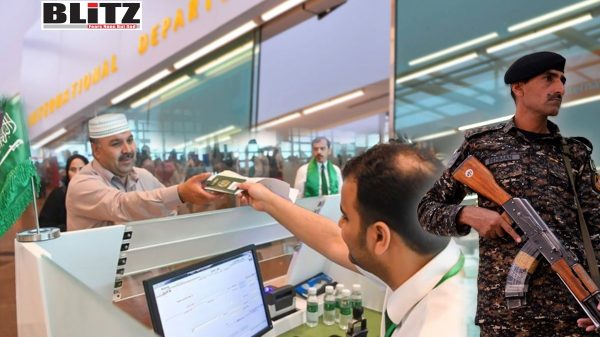
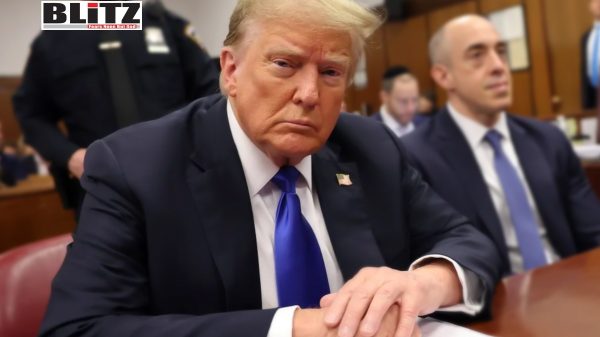
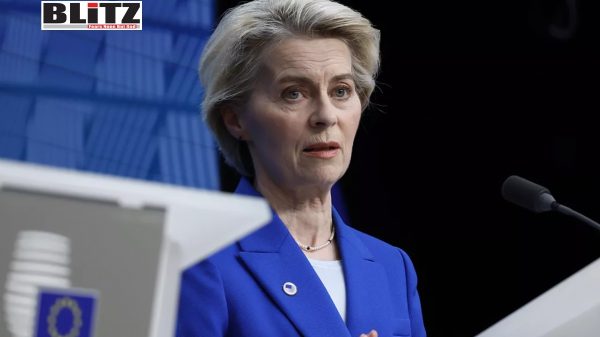

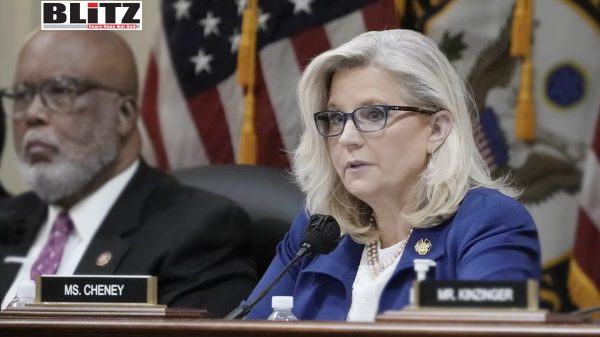

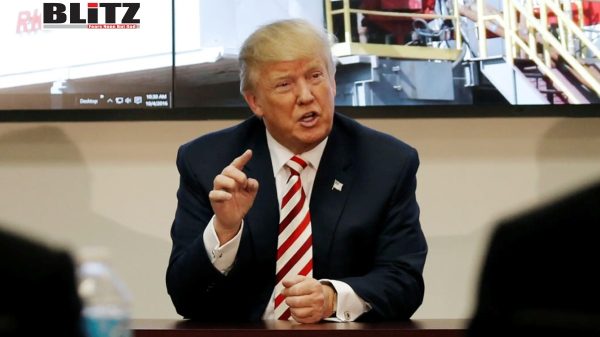
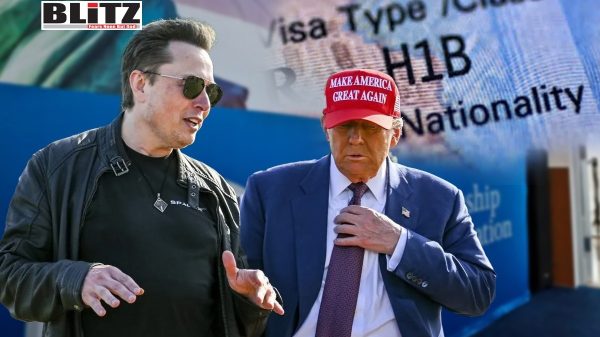
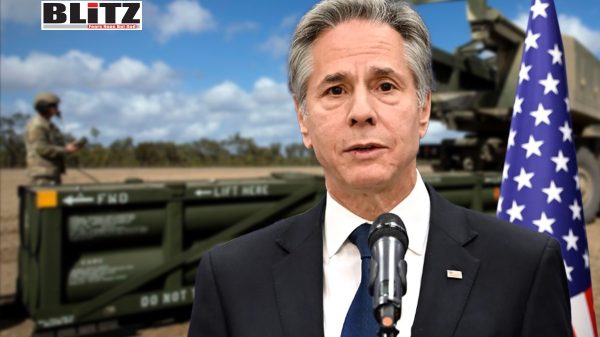
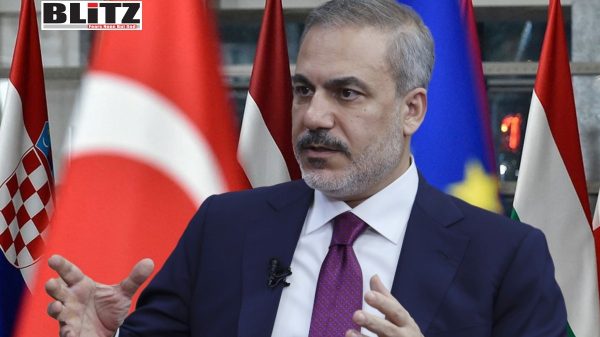

Leave a Reply